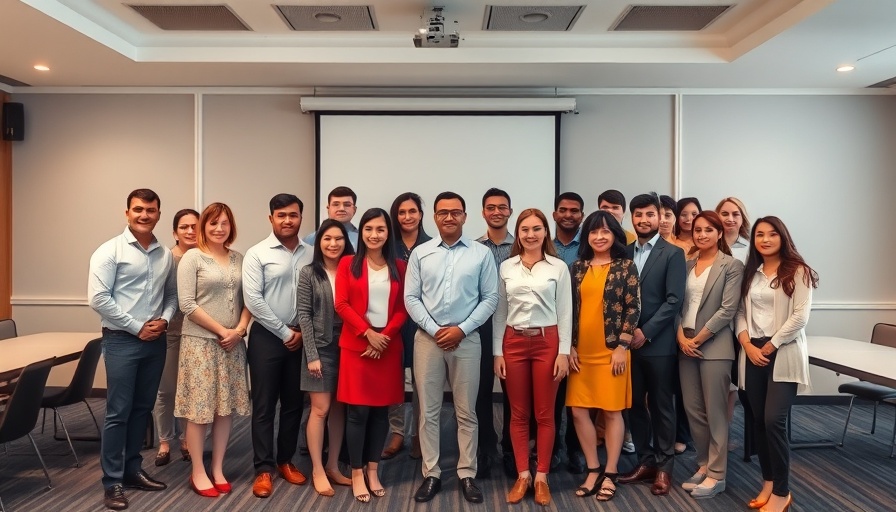
AI and Its Impact on Management Theories
As artificial intelligence (AI) continues its rapid evolution, prominently disrupting traditional frameworks, the concept of management boundaries increasingly comes under scrutiny. Innovations in technology, especially multi-sided platforms, highlight a crucial shift in how businesses operate within and beyond their traditional territories.
Navigating the Boundaries of the Firm
Management experts have long debated the boundaries of firms, particularly when juxtaposed with transactions and outsourcing. Should a company like Ford, which faces challenges in producing electric vehicles due to numerous suppliers, maintain a tight control over its operations, or is there value in outsourcing? This dilemma reflects broader economic theories of efficiency that remain relevant today.
The rise of companies like Tesla showcases a model where integrated control over production allows for more efficient designs and faster innovation cycles. Manufacturers who tightly weave their supply chains often outperform those who lean heavily on outsourcing, illustrating the profound implications of strategic decision-making at the management level.
Open Innovation: A Paradigm Shift in Idea Generation
As the question of boundaries shifts, so too does the source of innovation. Should businesses rely solely on internal teams for ideas, or would they benefit from inviting external insights? This trend of 'open innovation' is increasingly recognized for its potential to rejuvenate stagnant processes. Incorporating external knowledge allows organizations to leverage diverse perspectives, ultimately fostering a more innovative culture. By reframing traditional approaches, companies can accelerate creativity and adaptability.
AI's Role in Accelerating Innovation
AI stands at the forefront of this transformation, driving unprecedented efficiencies in innovation management. It automates routine tasks, analyzes large datasets, and generates actionable insights, significantly reducing the time needed for research and development. The UAE, for example, has set a benchmark in AI adoption, establishing ministries dedicated to integrating AI solutions across various sectors.
The speed with which organizations can iterate, design, and prototype is revolutionizing industries, making the relationship between AI and innovation more critical than ever. With AI's capabilities, firms are able to simulate outcomes and optimize processes unlike ever before, which can lead to higher product quality and reduced costs.
Challenges of Integrating AI into Business Models
However, the amalgamation of AI within organizations does not come without challenges. Concerns over data privacy, algorithmic bias, and the need for ethical frameworks remain pertinent. Companies must navigate these waters carefully, implementing robust governance policies to ensure fair practice within AI systems.
Moreover, the cultural shift necessary for AI adoption can be daunting. Leaders must cultivate a proactive workforce, ready to embrace change and explore AI’s vast potential through a culture of curiosity and experimentation.
The Future of Management and AI Collaboration
Looking ahead, the integration of AI in management practices opens up a realm of opportunities. By embracing change and continuously refining strategies, organizations can leverage AI not as a replacement for human ingenuity, but as an enabler that enhances workplace collaboration. The most successful businesses will be those that understand the balance between AI-driven tools and the irreplaceable value of human experience.
In conclusion, as AI takes its place at the helm of innovation management, it reshapes not only how businesses strategize but also how they operate within their domains. Embracing this shift is not merely an option for companies seeking to thrive; it is imperative for survival in an increasingly complex business landscape.
Why Stay Updated on AI Trends?
In the rapidly evolving world of AI, staying informed is crucial. By understanding the integration of AI into business practices and how it challenges traditional management theories, innovators and leaders alike can redefine their strategies and enhance their competitive edge in the market.
Explore Further: Join our community of innovators and embrace the AI revolution.
 Add Row
Add Row  Add
Add 




 Add Row
Add Row  Add
Add 

Write A Comment